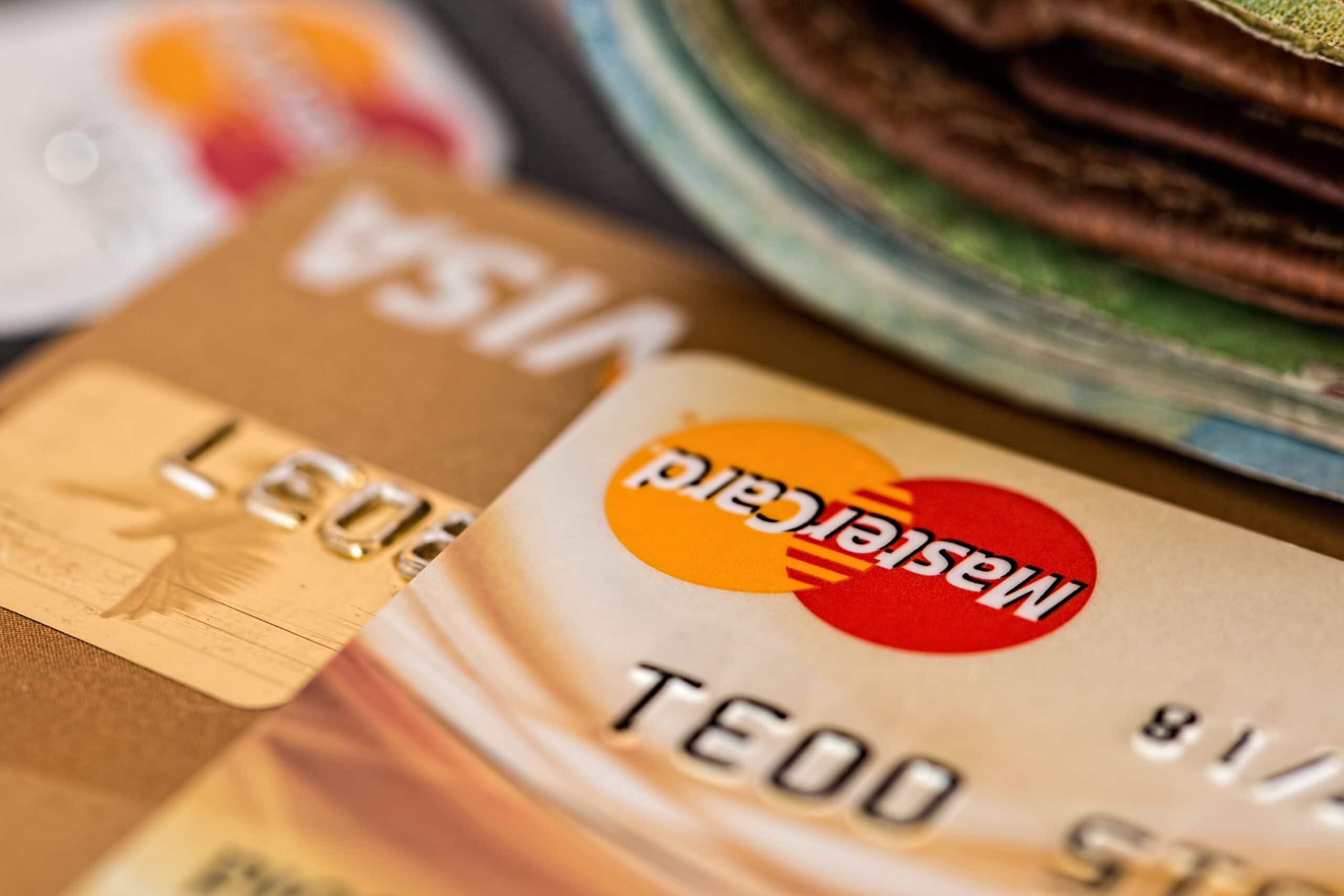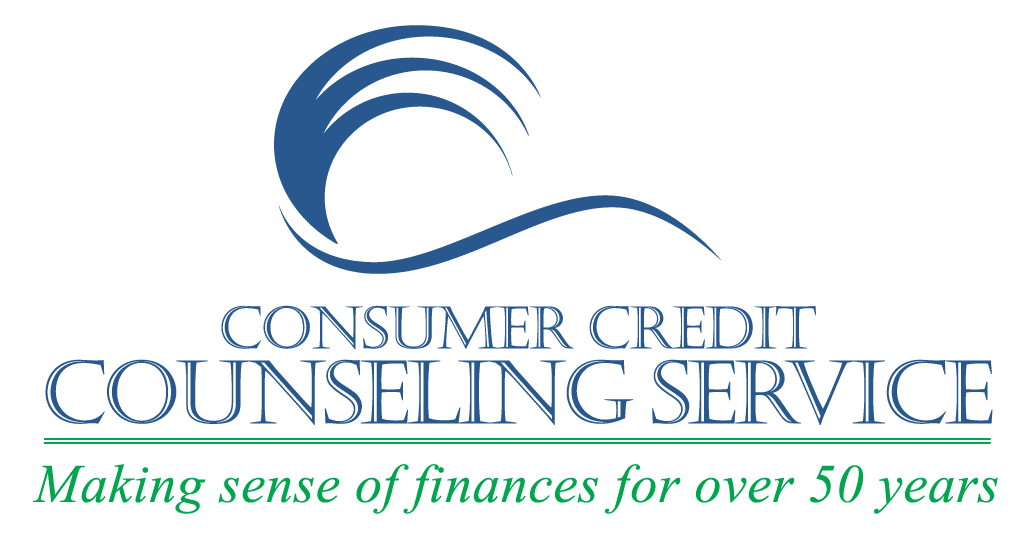Read Our Latest Articles
OUR BLOG
Explore our latest blog posts on the Consumer Credit Counseling Service of Savannah website, where we share valuable tips and pointers to help you secure your financial future. Discover expert advice at your fingertips to ensure you make informed decisions and take control of your financial well-being. Don’t miss out on these essential insights for a brighter, debt-free future! Be sure to attend one of our workshops in order to get a more in depth look at securing your financial well-being.

Featured Blog
Debt Management
Smart Strategies for Paying off Debt. We know debt can often feel like an insurmountable obstacle on the path to financial freedom.

Featured Blog
Budgeting & Savings
By carefully managing expenses and consistently setting aside funds, individuals can secure their future while achieving their financial goals.

Featured Blog
Homeowners + Renters
For homeowners and renters alike, finding valuable resources is essential for maintaining and improving their livelihood.

Featured Blog
Credit
Understanding credit is crucial for financial health. Our resources empower individuals to achieve their financial goals.
